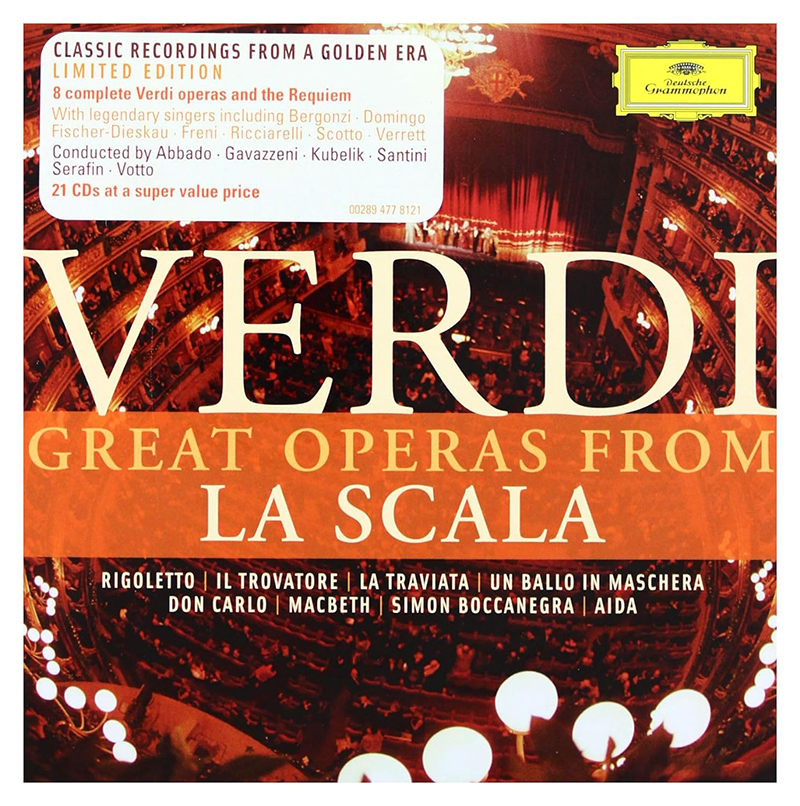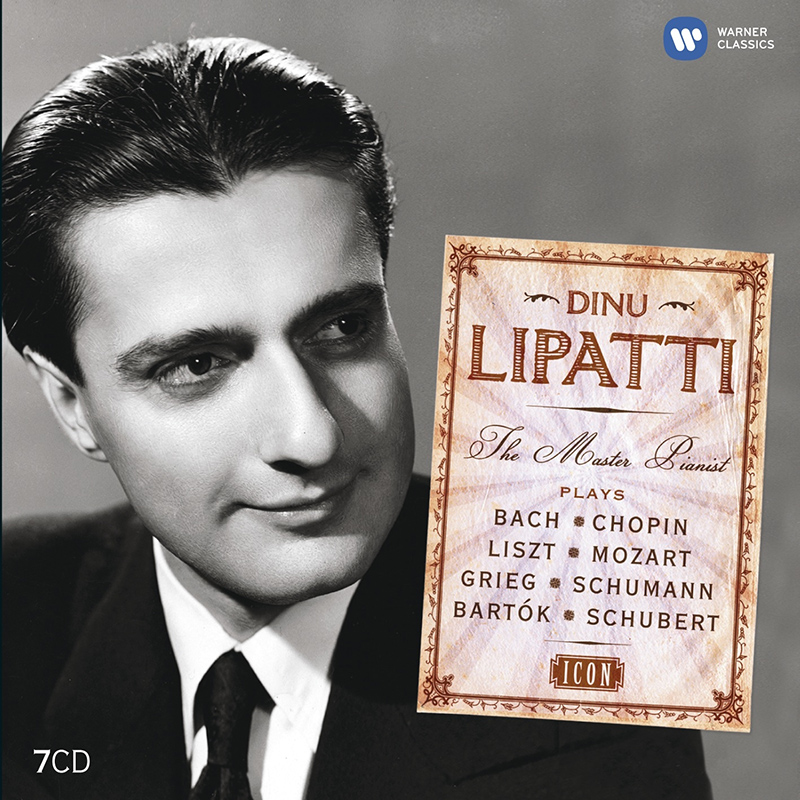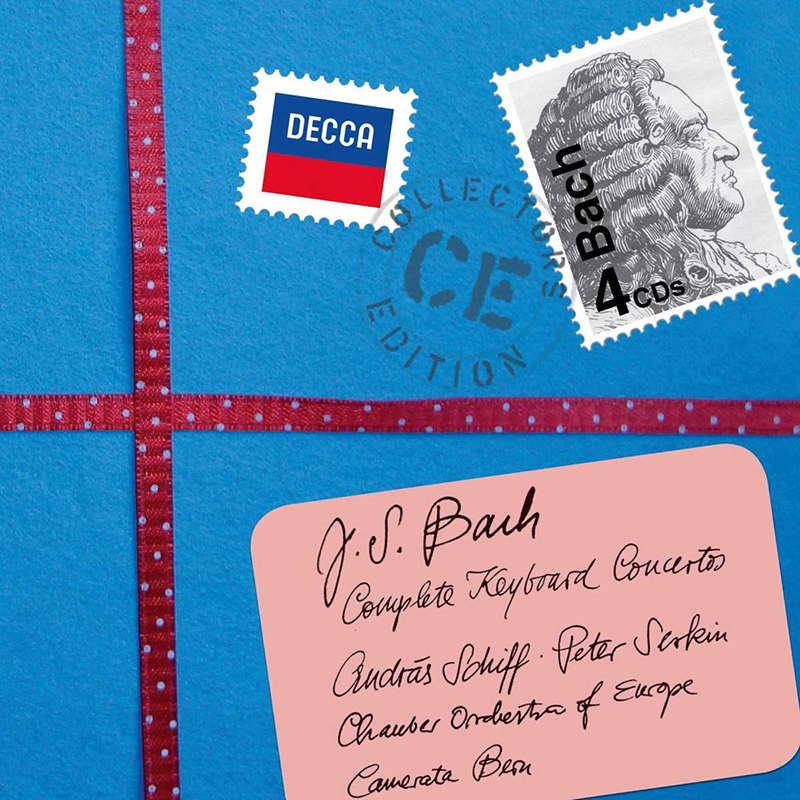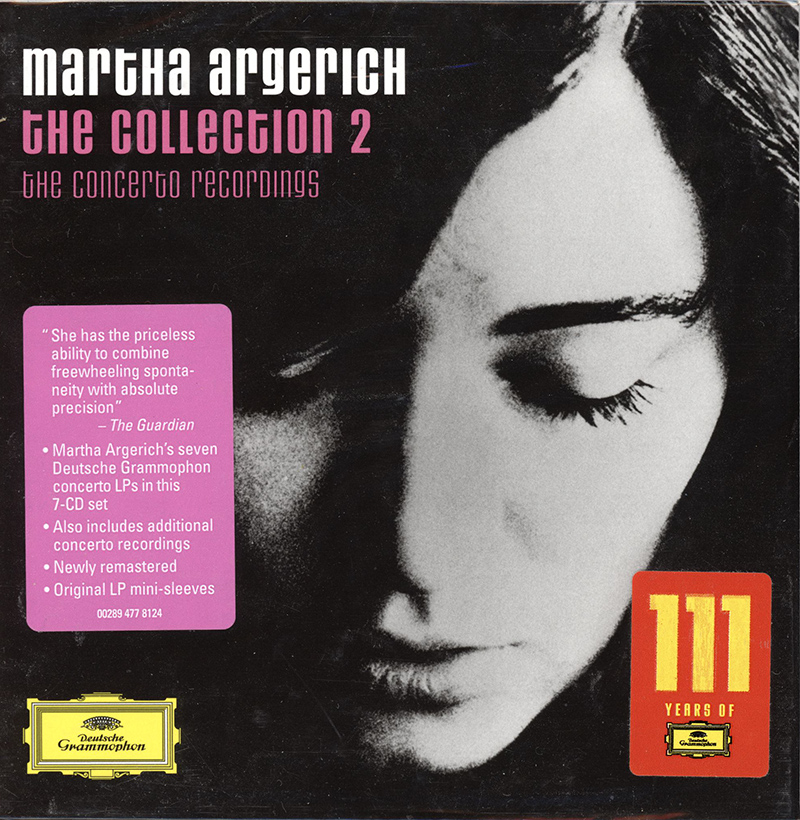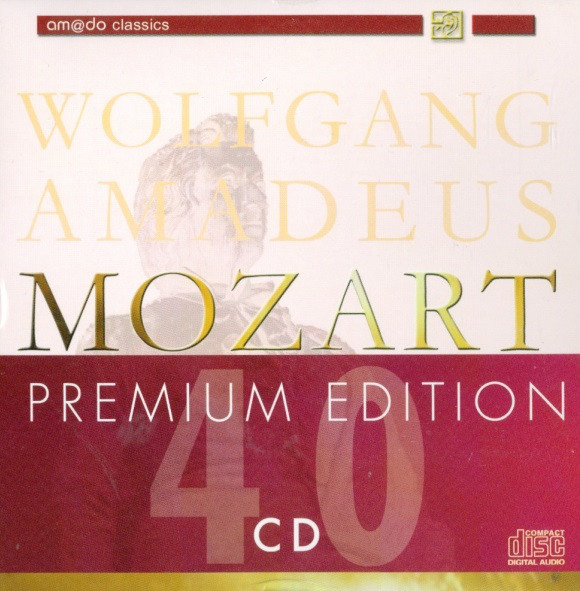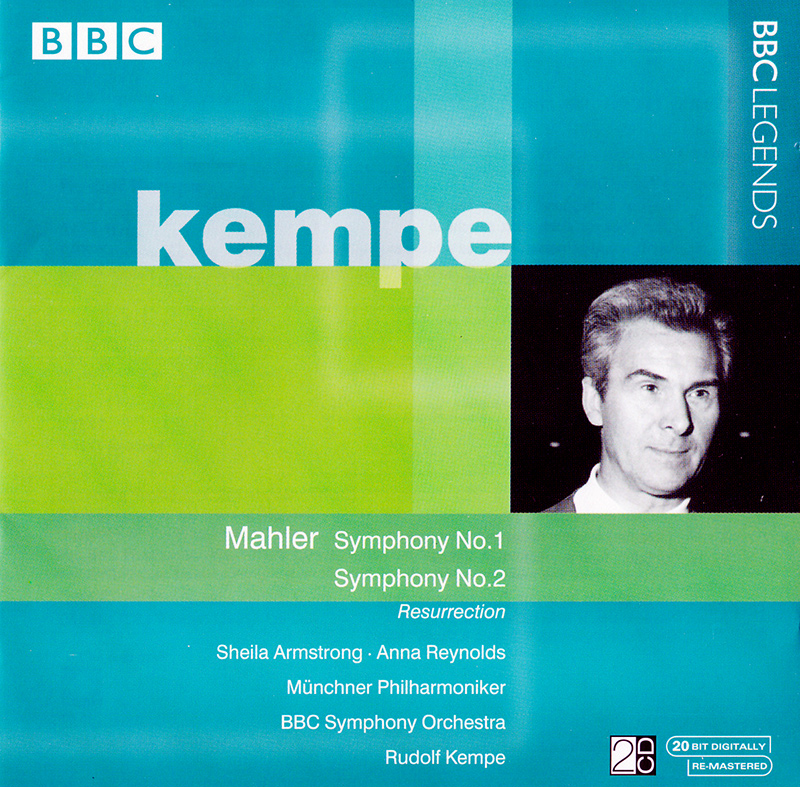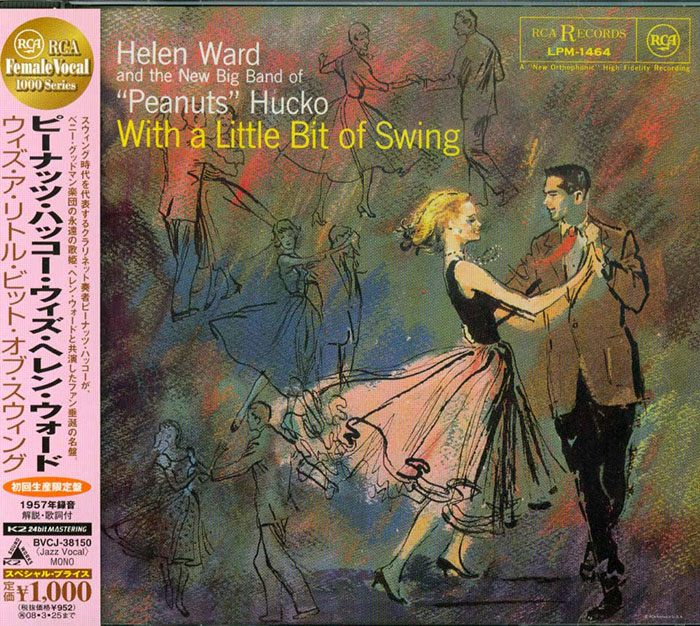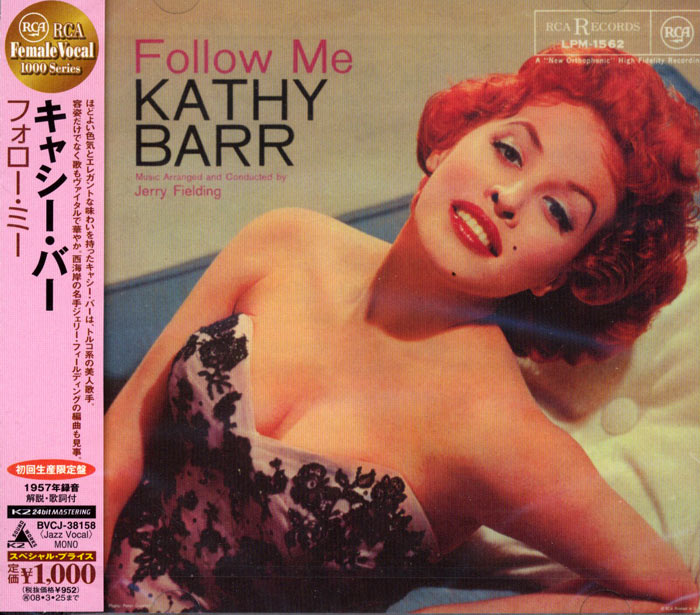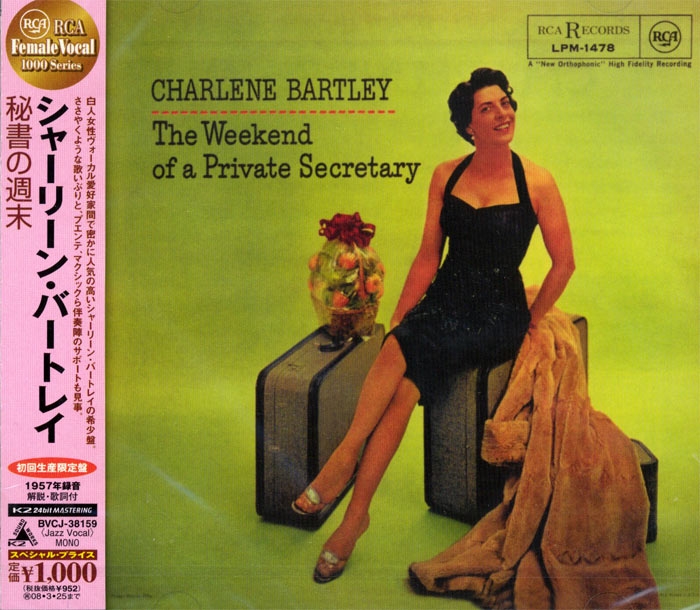Logowanie
KOLEKCJE!
BACH, CHOPIN, LISZT, MOZART, GRIEG, Dinu Lipatti, Otto Ackermann, Ernest Ansermet
The Master Pianist
PROKOFIEV, CHOPIN, TCHAIKOVSKY, SCHUMANN, BEETHOVEN, Martha Argerich, Claudio Abbado, Giuseppe Sinopoli
The Concerto Recordings
The Collection 2
Jakość LABORATORYJNA!
ORFF, Gundula Janowitz, Gerhard Stolze, Dietrich-Fischer Dieskau, Deutsche Oper Berlin, Eugen Jochum
Carmina Burana
ESOTERIC - NUMER JEDEN W ŚWIECIE AUDIOFILII I MELOMANÓW - SACD HYBR
Winylowy niezbędnik
ClearAudio
Essence MC
kumulacja zoptymalizowana: najlepsze z najważniejszych i najważniejsze z najlepszych cech przetworników Clearaudio
Direct-To-Disc
PIAZZOLLA, ChamberJam Europe
Tangos del Ángel y del Diablo
Direct-to-Disc ( D2D ) - Numbered Limited Edition
MAHLER, Sheila Armstrong, Anna Reynolds, Munchener Philharmoniker, Rudolf Kempe
Symphony No. 1 'Titan' / Symphony No. 2 'Resurrection'
- Rudolf Kempe
- Mahler: Symphony No. 1 "Titan"
- BBC Symphony Orchestra
- BBC Studios, 22 May 1965
- Mahler: Symphony No. 2 "Resurrection"
- Sheila Armstrong, Anna Reynolds
- New Philharmonia Chorus, Munchener Philharmoniker
- Royal Albert Hall, London, 10 September 1972
- 2CD
- Sheila Armstrong - soprano
- Anna Reynolds - mezzosopran
- Munchener Philharmoniker - orchestra
- Rudolf Kempe - conductor
- MAHLER
Here are two ‘Legends’ giving less than legendary performances, two doves called upon to roar like lions. The essence of Curzon’s Emperor Concerto is encapsulated in Beethoven’s ineffable transition from slow movement to finale: pure poetic refinement as the E flat chords steal in, followed by a sudden buckling as they burst into rondo life. Still, Boulez’s reliable and surprisingly heroic sweep of Boulez helps to coast Curzon along in the first movement, and in the Adagio they both effect a sense of calm without either placidity or sentimentality. The slow movement of the Mozart provides another moment of concert-hall magic as Curzon’s Orpheus touch stills coughing Albert Hall furies. Smudged runs occasionally spoil a more characteristic elegance, but there’s plenty of wit - not least in Landowska’s Figaro-quoting cadenza. Kempe’s quietest moments are the best, too; the audience is held in thrall by the Bavarian charm and refinement in Mahler’s Resurrection minuet. You can sense a master of large-scale symphonic thinking around both first-movement climaxes, and the hellfire of the First’s finale is nicely controlled by detailed work with the BBC strings. Its judgement-day counterpart in the Second, though, is too short on real terror, compromised by an out-of-tune offstage band and happier in the gauzy Nirvana following the chorus’s first call to Resurrection than in its fiery ultimate realisation. David Nice

